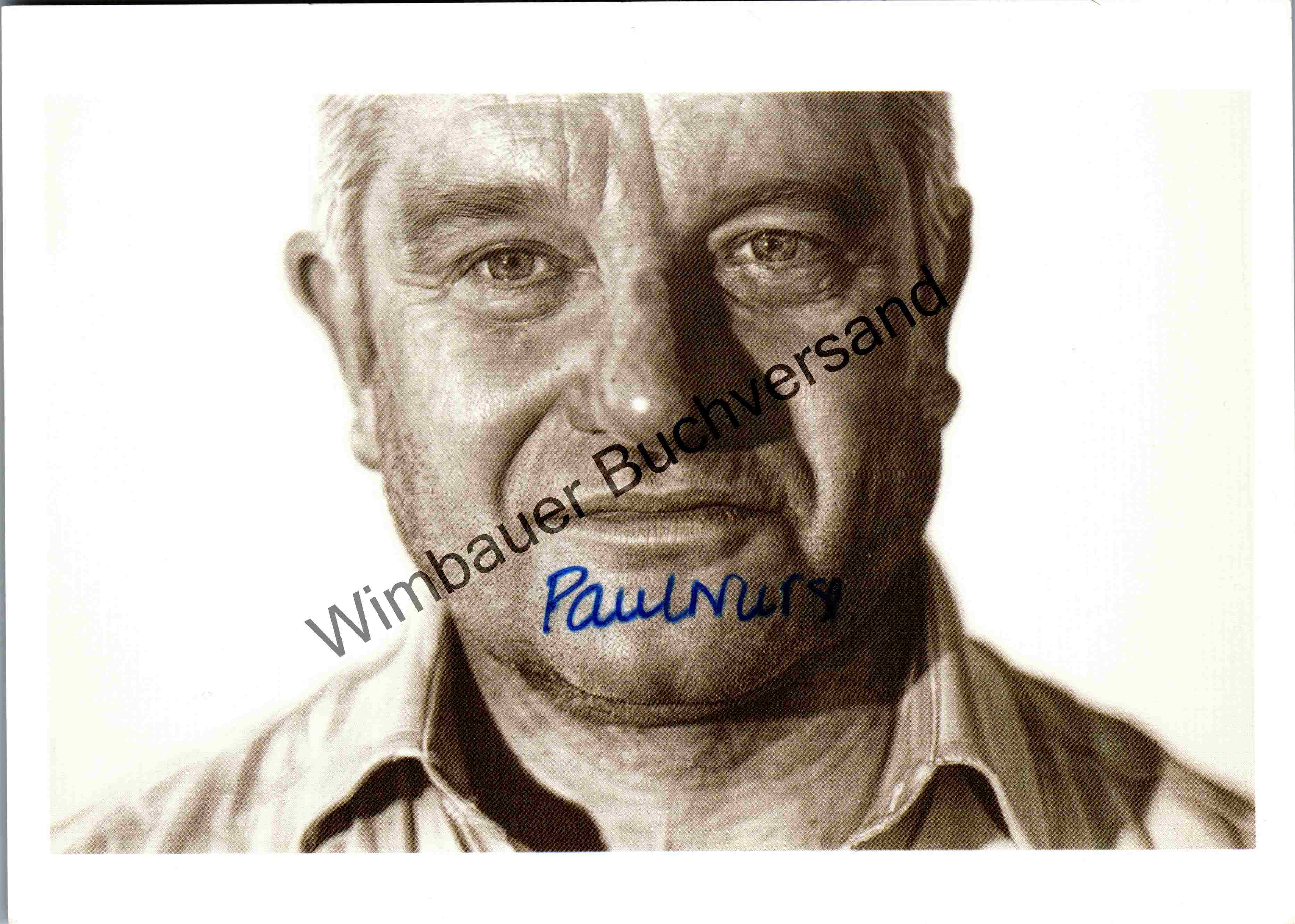
He named them “animalcules,” but the name never stuck. Quite proud of his dental hygiene, Leeuwenhoek was shocked to spot under a self-made microscope “some small animals” living in the plaque he had scraped from his teeth. He named them cells, after the Latin word cella, meaning “a small room” or “cubicle.”Ībout a decade after Hooke, Dutch researcher Anton van Leeuwenhoek made another fascinating cell-related discovery. He was amazed to discover that it was made up of structures resembling a piece of honeycomb. However, whereas the idea of indivisible atoms was proposed by Democritus as far back as 400 B.C., the discovery of cells is fairly recent and only goes back to the latter half of the 17th century and an English polymath named Robert Hooke – a man “equally comfortable exploring the frontiers of physics, architecture or biology as he was inventing scientific instruments.” Using a microscope he had built by himself, in 1665, Hooke investigated the structure of a thin slice of cork. To put this a bit differently and hopefully a bit clearer, “Everything that is alive on the planet is either a cell or made from a collection of cells.” This is the foundation of what biologists call “cell theory.” Just like atoms are the basic units of matter, cells are the basic functional units of life that is to say, the smallest entities that can be described as living.

So, get ready for a historical and scientific walking tour through the complexity of existence! The cell: biology’s atom

A firm believer in the idea that scientists should know how to effectively communicate their work, in “What Is Life?,” Nurse tries to illuminate, in beautifully readable language, the five great ideas that underpin biology: the cell, the gene, evolution by natural selection, life as chemistry, and life as information. In 2001, for his contributions to the discovery of protein molecules that regulate the division of cells, he was awarded the Nobel Prize in Physiology or Medicine, which he shared with fellow countryman Tim Hunt and American biologist Leland Hartwell. British geneticist Paul Nurse has spent most of his adult life trying to understand how living cells work.


 0 kommentar(er)
0 kommentar(er)
